
It has been a week of mixed messaging from Washington on Sri Lanka. In Geneva on Wednesday, the United States as a leading member of the Core Group, successfully led a United Nations Human Rights Council resolution on accountability for war crimes and called for an end to impunity on the island. But in Colombo the very next day, the US gifted the military responsible for those very war crimes a brand new aircraft, whilst pledging to build closer ties. These seemingly hypocritical actions are not new.
Illustration: Aravinthan Ganeshan
It has been a week of mixed messaging from Washington on Sri Lanka. In Geneva on Wednesday, the United States as a leading member of the Core Group, successfully led a United Nations Human Rights Council resolution on accountability for war crimes and called for an end to impunity on the island. But in Colombo the very next day, the US gifted the military responsible for those very war crimes a brand new aircraft, whilst pledging to build closer ties. These seemingly hypocritical actions are not new. US foreign policy has long been marked by engagement with regimes accused of human rights abuses. But history has repeatedly shown that bolstering institutions responsible for mass atrocities does not bring stability. If the US truly wants the security in the Indo-Pacific it claims to seek, it must prioritise accountability first. Genuine peace cannot be built on the backs of war criminals.
As US Navy Admiral Steve Koehler declared “the United States and Sri Lanka are doing more together as professional militaries than ever before”. Over the years, that has certainly become the case. Though military cooperation was restricted in light of the 2009 Mullivaikkal genocide and the torrent of rights violations it entailed, recent years have seen those relations grow. US troops have been delivering more regular training to their Sri Lankan counterparts and more military equipment is being transferred.
Washington’s focus on the Indo-Pacific may explain its eagerness to build stronger ties. But in doing so, it has decided to make bedfellows with war criminals. Rather than distancing itself from these atrocities, the US has paradoxically chosen to draw closer to them. The presence of figures like Sri Lanka’s new defence secretary Sampath Thuyacontha - who is accused of partaking in the atrocities of 2009 - at US-sponsored events shows a glaring disregard for justice. These men continue to benefit from systemic impunity within Sri Lanka, and Washington’s failure to even condition military aid on tangible accountability only enables it further.
With not a single person having been brought to justice for the genocide, individuals such as Thuyacontha litter the entire Sri Lankan system. Indeed, Sri Lankan institutions themselves, including the newly elected government, have made clear that they would continue to shield them from prosecution. Even under this government, Sri Lanka remains an island mired in impunity, trapped in the midst of militarisation and simmering ethnic tensions. Tamils in particular continue to live under military occupation, with intimidation, surveillance and harassment routine. Combined with state-sponsored colonisation and the ongoing land grabs of the North-East, the island remains a breeding ground for the instability that the US claims to want to avoid. Washington’s strategy is both troubling and self-defeating.
The timing of the latest military donation is particularly galling, a day after the passing of a UN resolution on continuing to collect evidence of war crimes. US participation in leading the resolution, while simultaneously strengthening the Sri Lankan military, undermines its credibility altogether and demonstrates how toothless the Human Rights Council has become. While some claim it is important to maintain international attention on Sri Lanka, the resolutions have lost their bite. What good are these annual exercises at Geneva if the US and other global powers continue to normalise relations with those responsible for the massacres? Without tangible consequences—such as prosecutions, sanctions, asset freezes, or restrictions on military and economic cooperation—they risk becoming empty gestures.
This lack of follow-through has clearly emboldened Sri Lanka’s government. Even this new regime – one that repeatedly promised ‘system change’ - has made abundantly clear that it still has no intention of pursuing justice. And worryingly, it signals to others around the world that accountability can be ignored. For the US this aspect cannot be overlooked, particularly given the devastation in Gaza and how Washington has come under increasing fire for turning a blind eye to the abuses in the Middle East. Its credibility as a self-proclaimed promoter of human rights, justice and democracy has been hugely undermined, and its reputation in the global South tarnished. Around the world, and across the Tamil homeland, many have questioned whether the values of international law apply equally, or even at all. Frustration is growing.
At a time when faith in international norms surrounding accountability and justice is weakening and US influence waning, Washington has a chance to try and reverse that trend. Prioritising the eradication of impunity and meaningful reform is the only way to build an environment that is more stable, secure and respectful of international values.
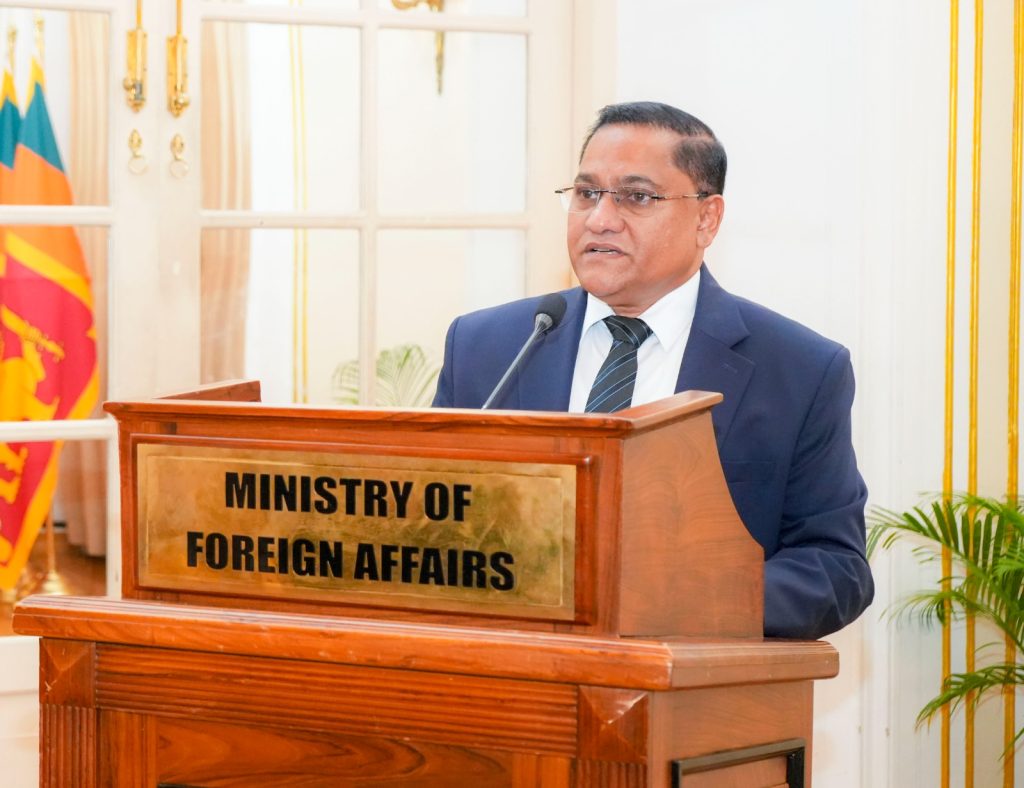

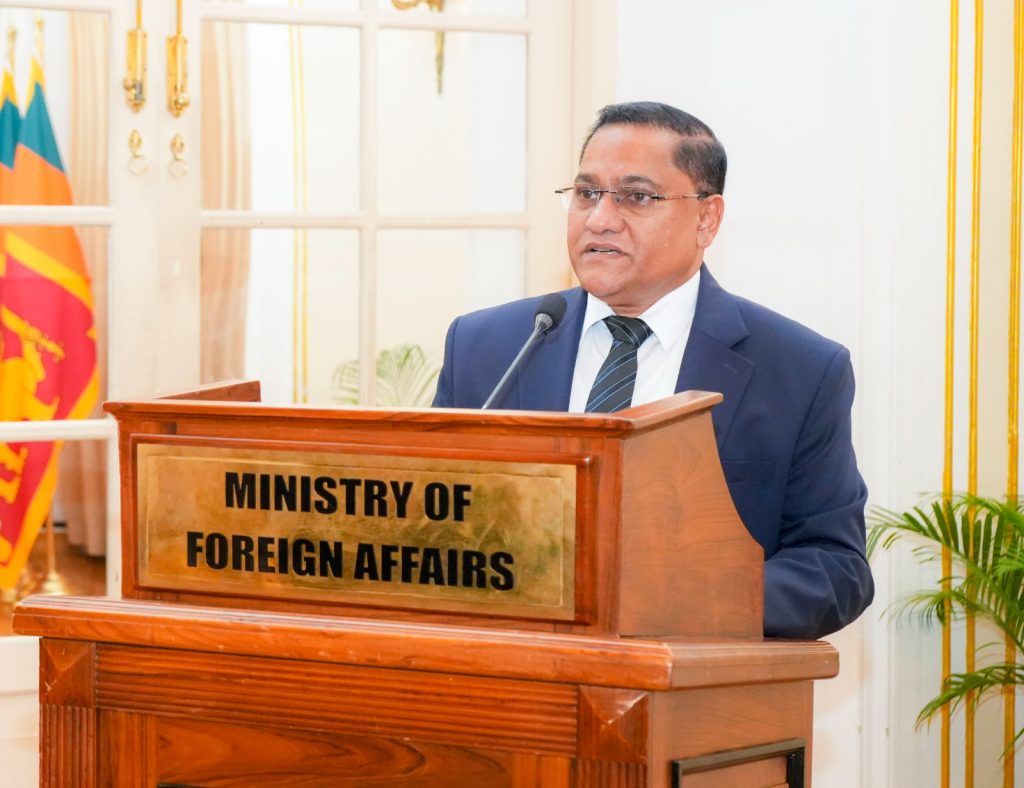

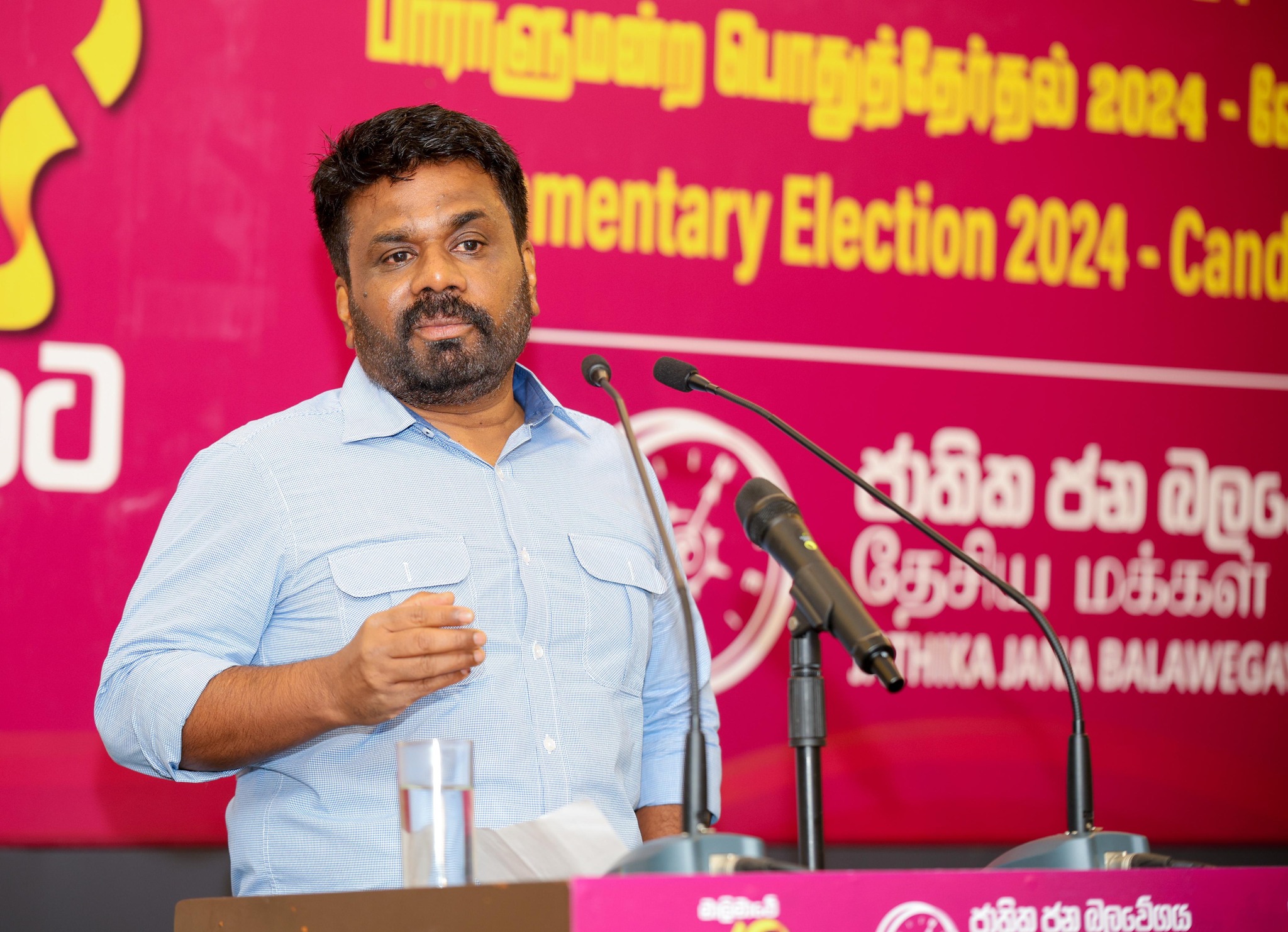

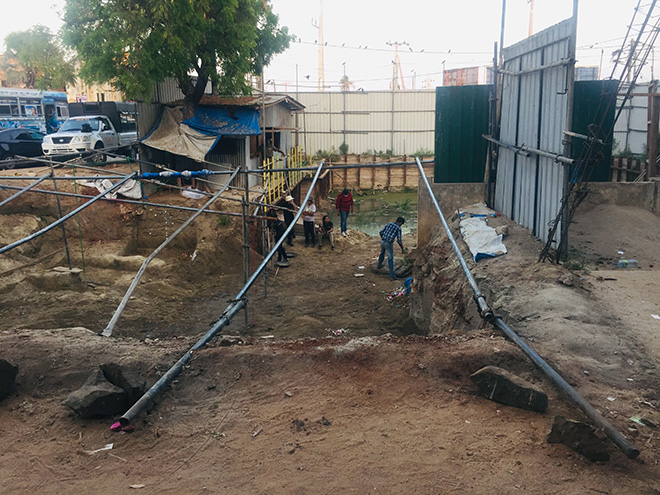

.jpg) The 37th anniversary of the Kokkuvil Pirambadi massacre, when over fifty Tamil civilians were shot dead or crushed with an armoured vehicle by Indian Peace Keeping Forces (IPKF), was commemorated in Jaffna on Monday.
The 37th anniversary of the Kokkuvil Pirambadi massacre, when over fifty Tamil civilians were shot dead or crushed with an armoured vehicle by Indian Peace Keeping Forces (IPKF), was commemorated in Jaffna on Monday..jpg)
.jpg)

.JPG)

.jpg)
.jpg)
.jpg)

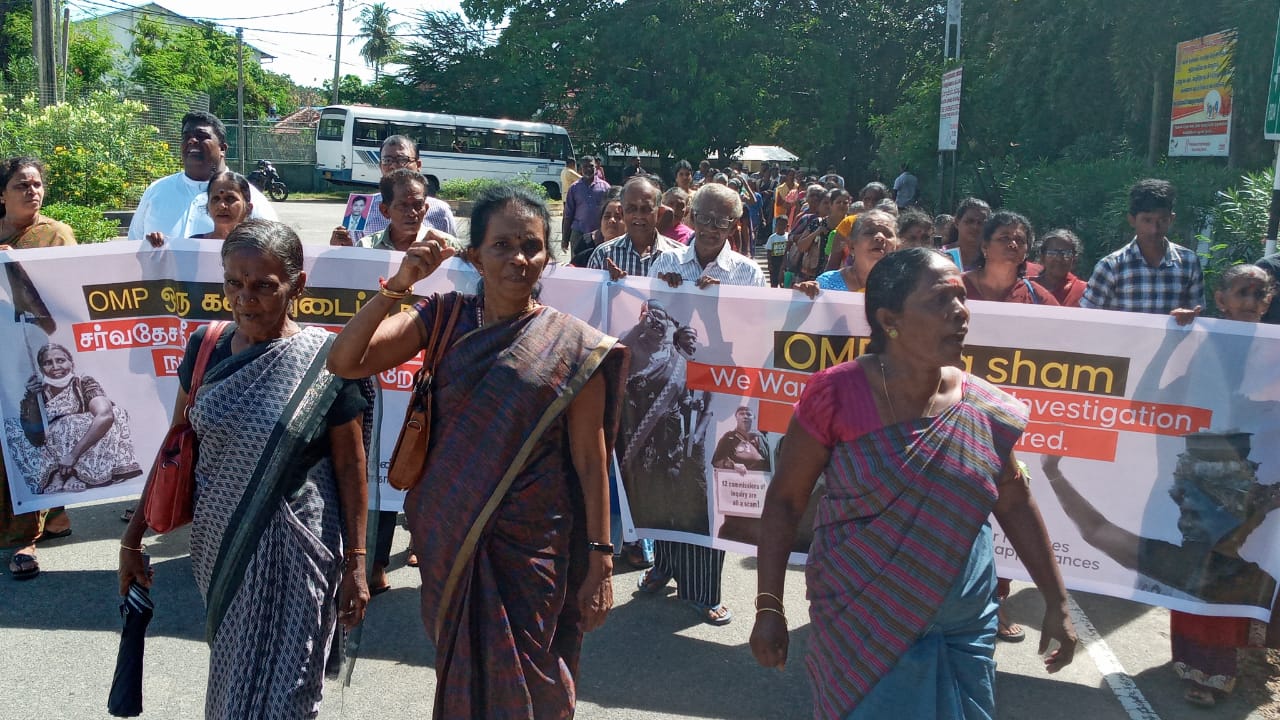

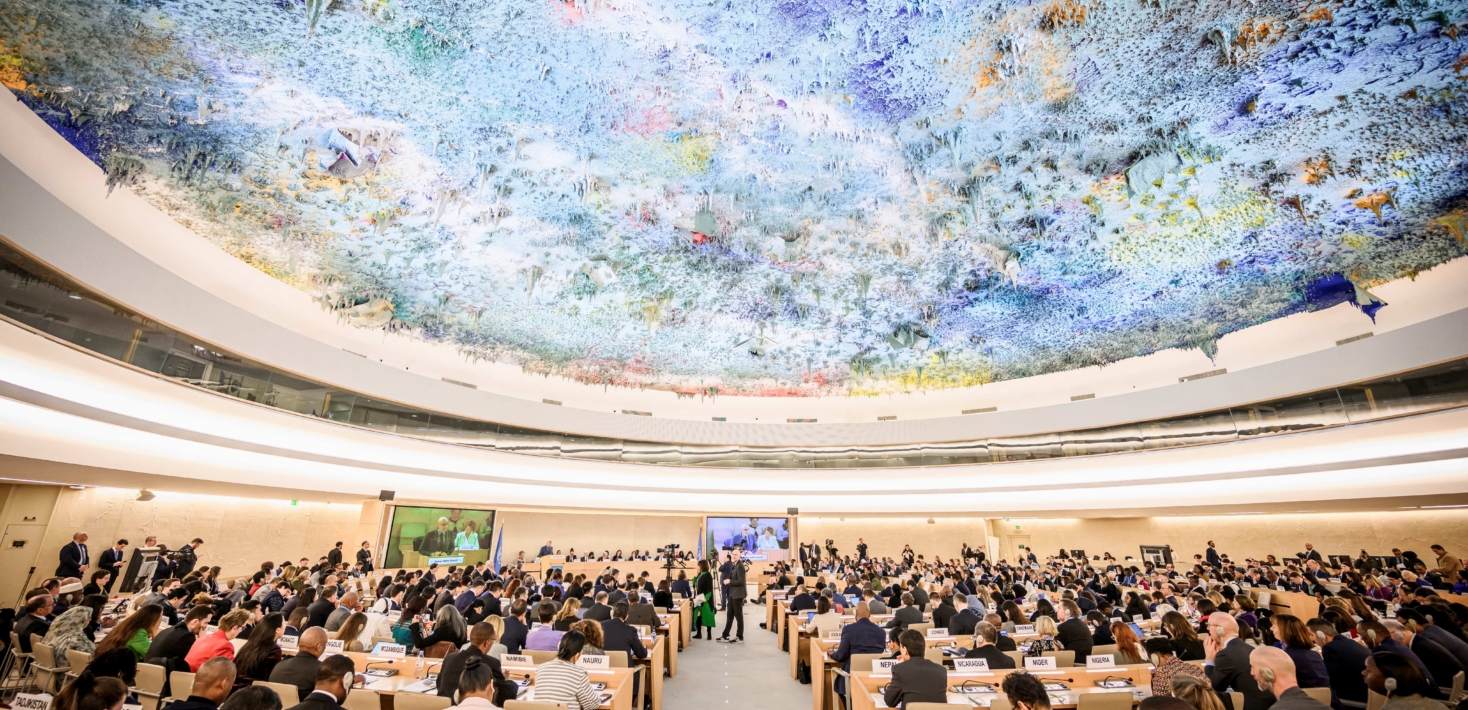

.jpeg)

.jpeg)
.jpeg)
.jpeg)
.jpeg)

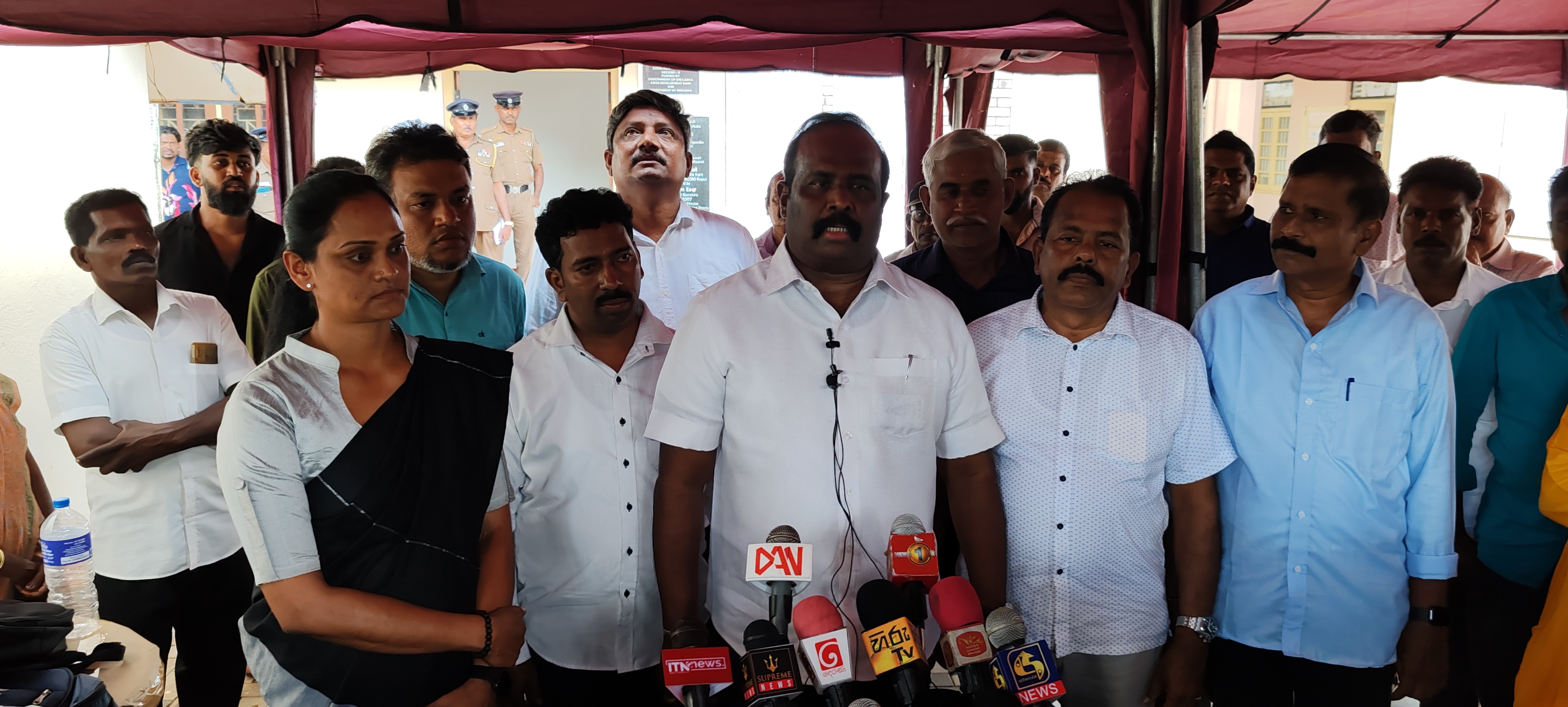
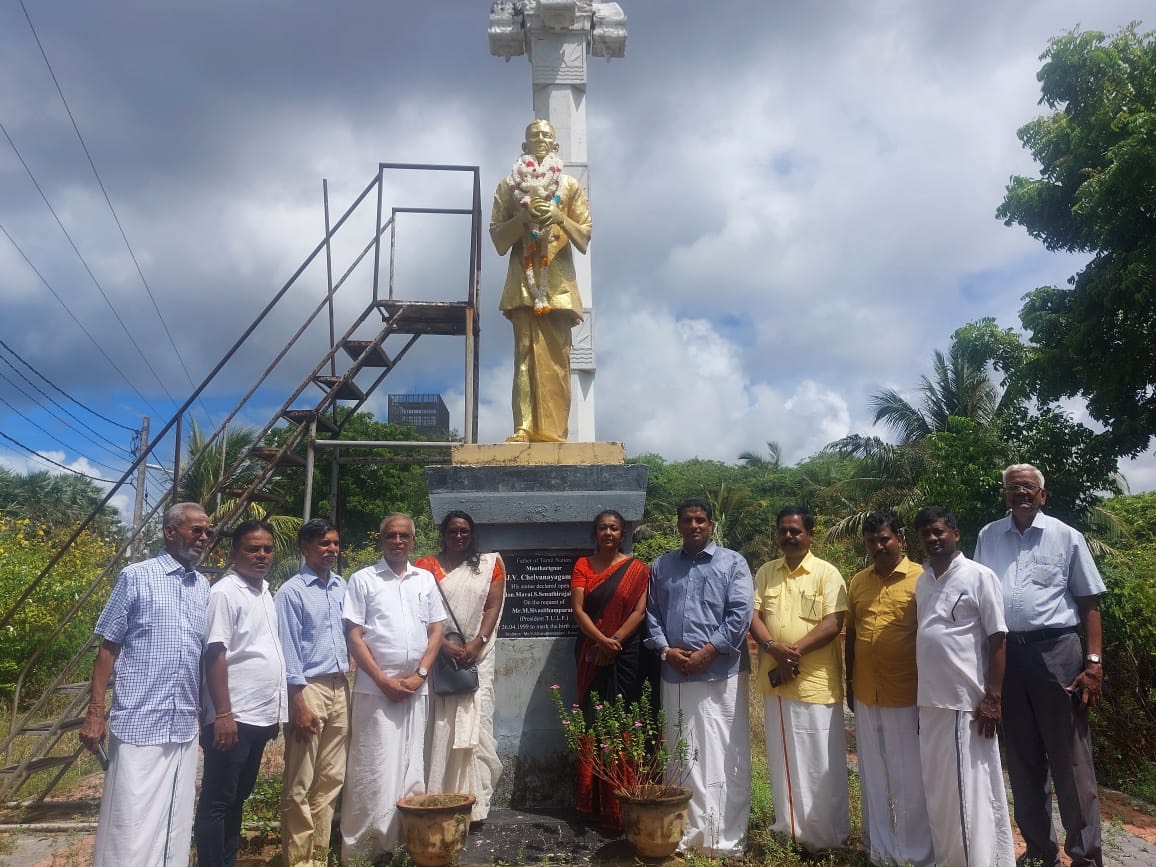
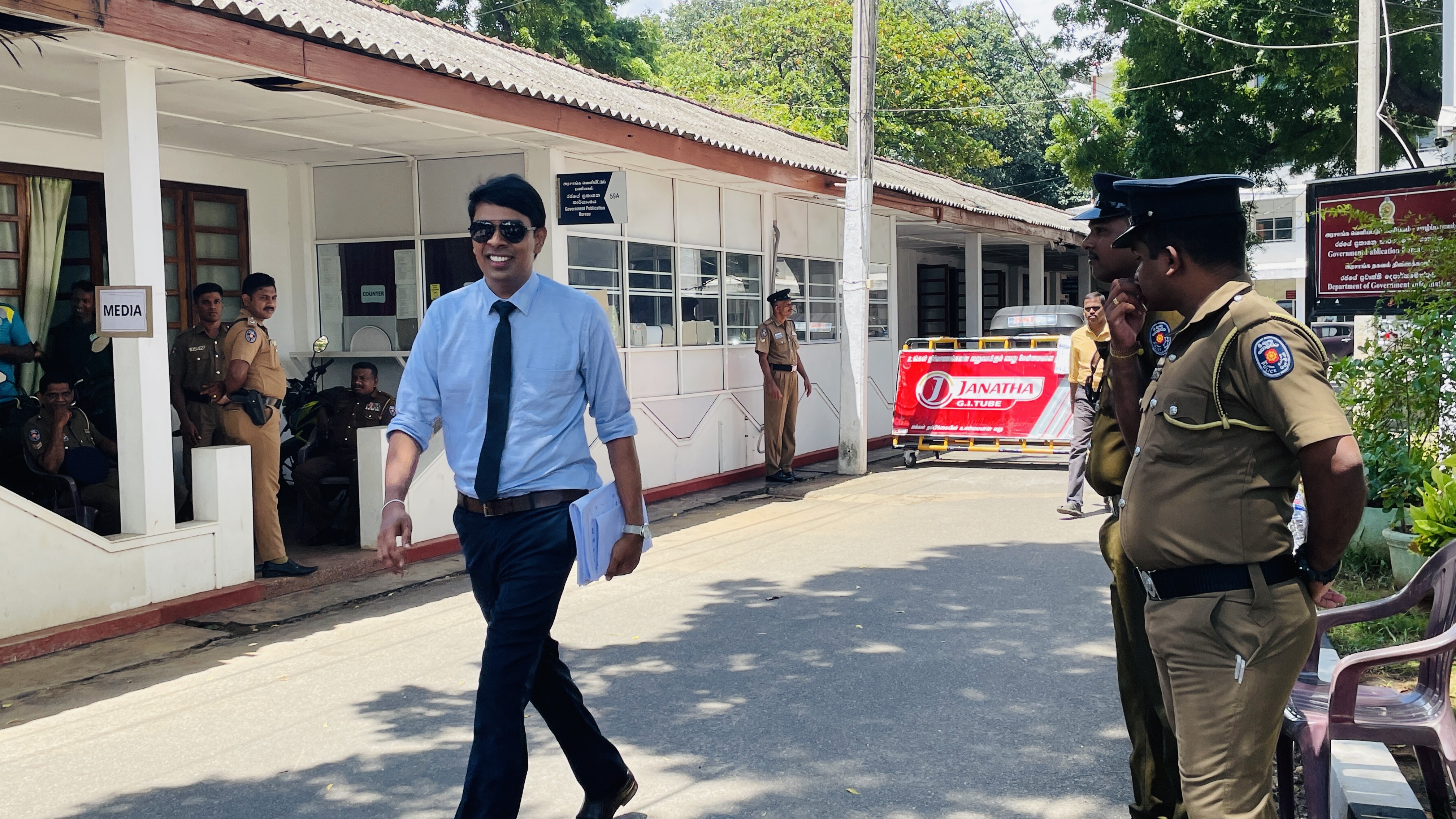



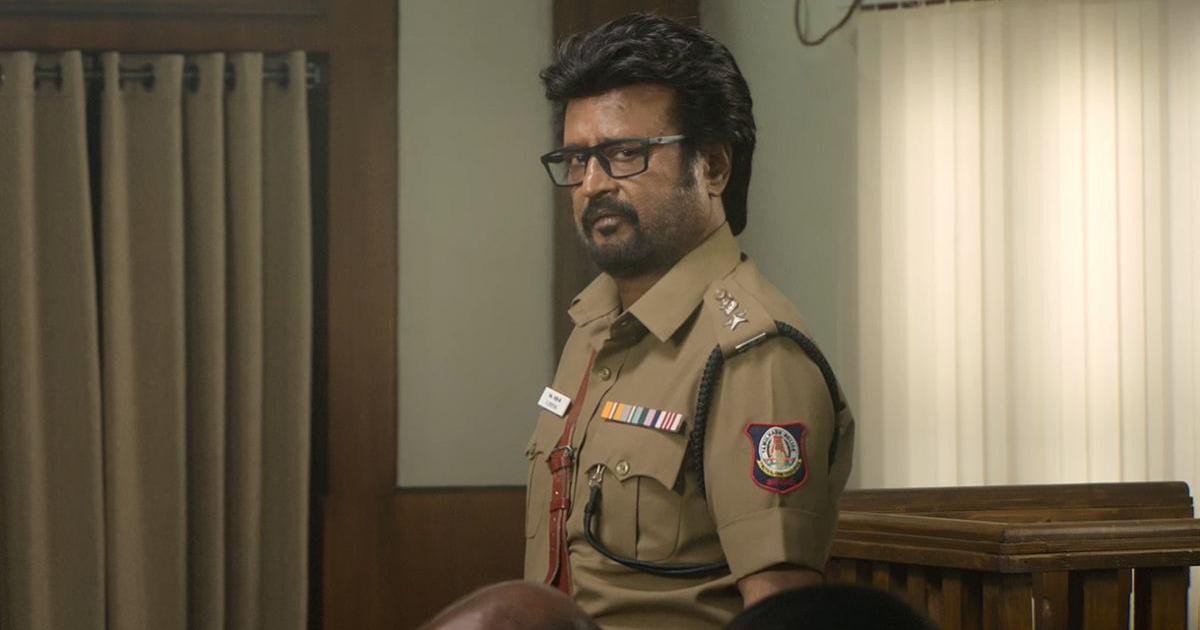

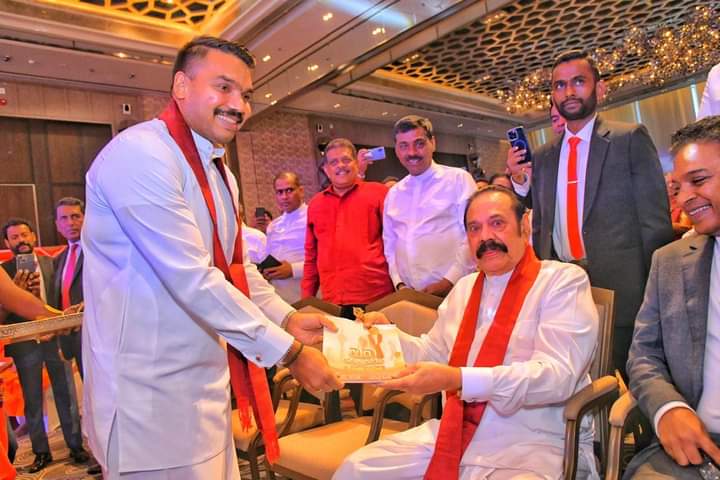
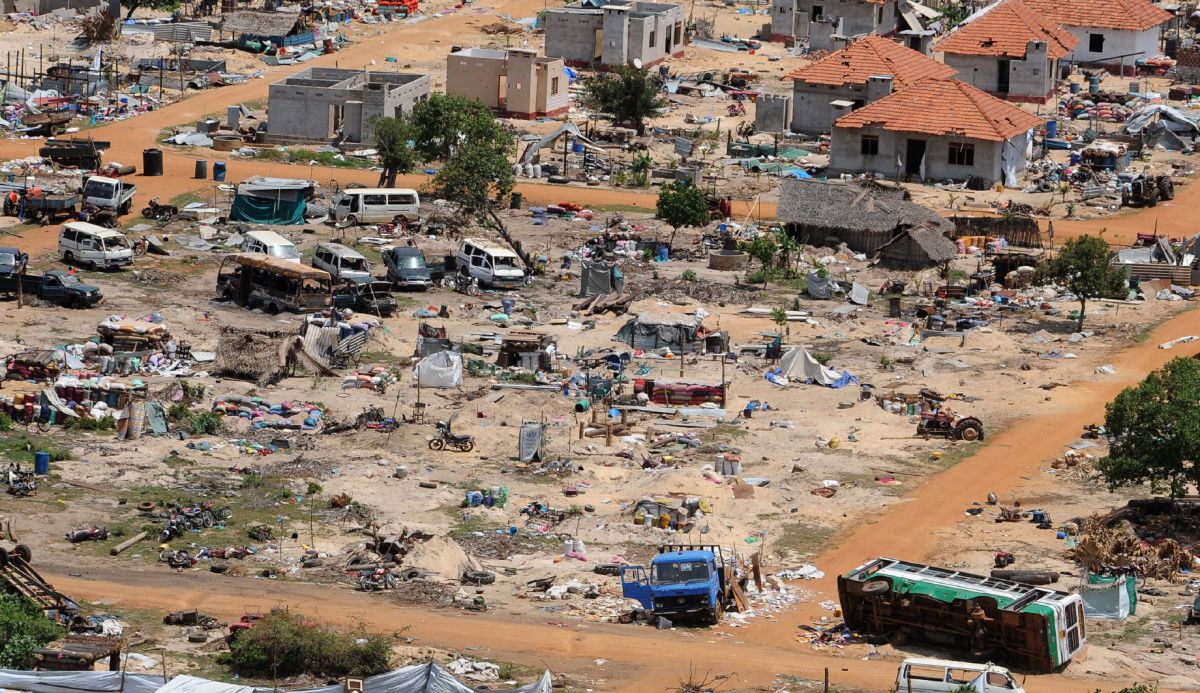

.jpeg)
.jpeg)
.jpeg)
.jpeg)
.jpeg)
.jpeg)
.jpeg)
.jpeg)
.jpeg)
.jpg)
.jpg)